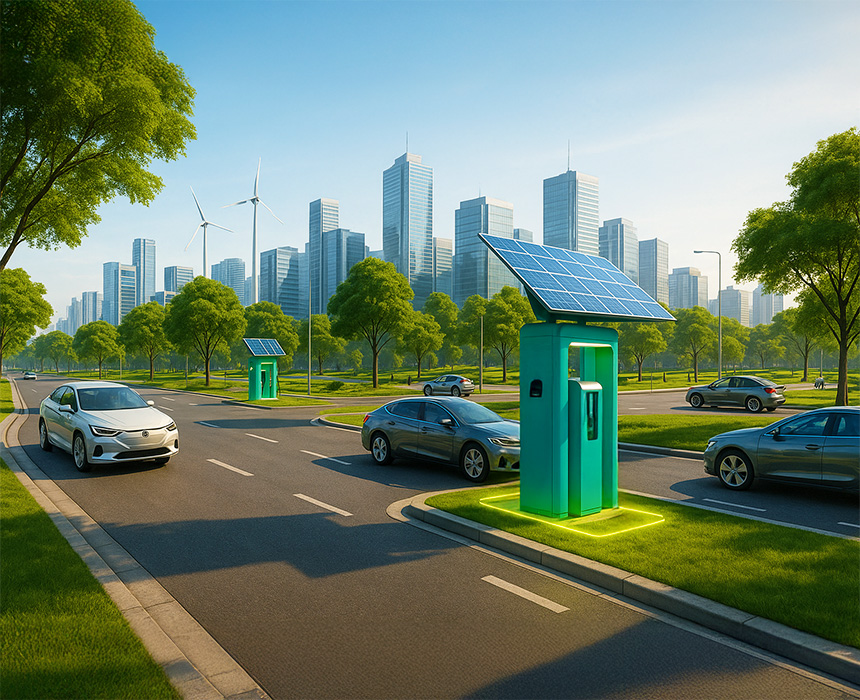The Impact of Electric Vehicles on Urban Planning and Smart Mobility
The influence of electric vehicles on city life is not only a revolution in the transportation sector but also a transformation that redefines the core dynamics of urban planning. Modern cities face increasing population density, environmental pressures, energy security concerns, and the rapid pace of digitalization. The widespread adoption of electric vehicles lies at the center of this process, reshaping how cities are designed and managed.
Traditional urban planning was shaped around the needs of fossil-fuel vehicles: wide highways, multi-story parking garages, fuel stations, and carbon-intensive mobility systems. With the rise of EVs, these paradigms are shifting. The new priorities include charging infrastructure, energy efficiency, emission reduction, and smart mobility solutions.
In next-generation cities, charging stations are not simply places to refill batteries. They are intelligent hubs that produce data and integrate with energy grids. By doing so, they help maintain energy balance, enable effective use of renewables, and lower the carbon footprint. For example, charging hubs supported by solar panels and storage units contribute to urban sustainability by reducing dependence on fossil fuels.
The concept of smart mobility has also emerged as a guiding principle in urban planning. When EVs are combined with autonomous driving technologies and connected networks, city mobility becomes more efficient, safer, and environmentally friendly. Electric car-sharing programs integrated with public transport reduce private ownership while making mobility more accessible.
Moreover, EVs are silent compared to conventional vehicles, reducing noise pollution and improving quality of life. Cleaner air directly contributes to public health by reducing respiratory illnesses. Thus, the impact of EVs on city planning extends beyond infrastructure, touching social and health dimensions as well.
In conclusion, EVs play a multidimensional role in shaping urban planning. From infrastructure and energy management to environmental sustainability and community well-being, their influence is broad and transformative. At the heart of this change lies the vision of smart mobility and the goal of creating sustainable cities.




